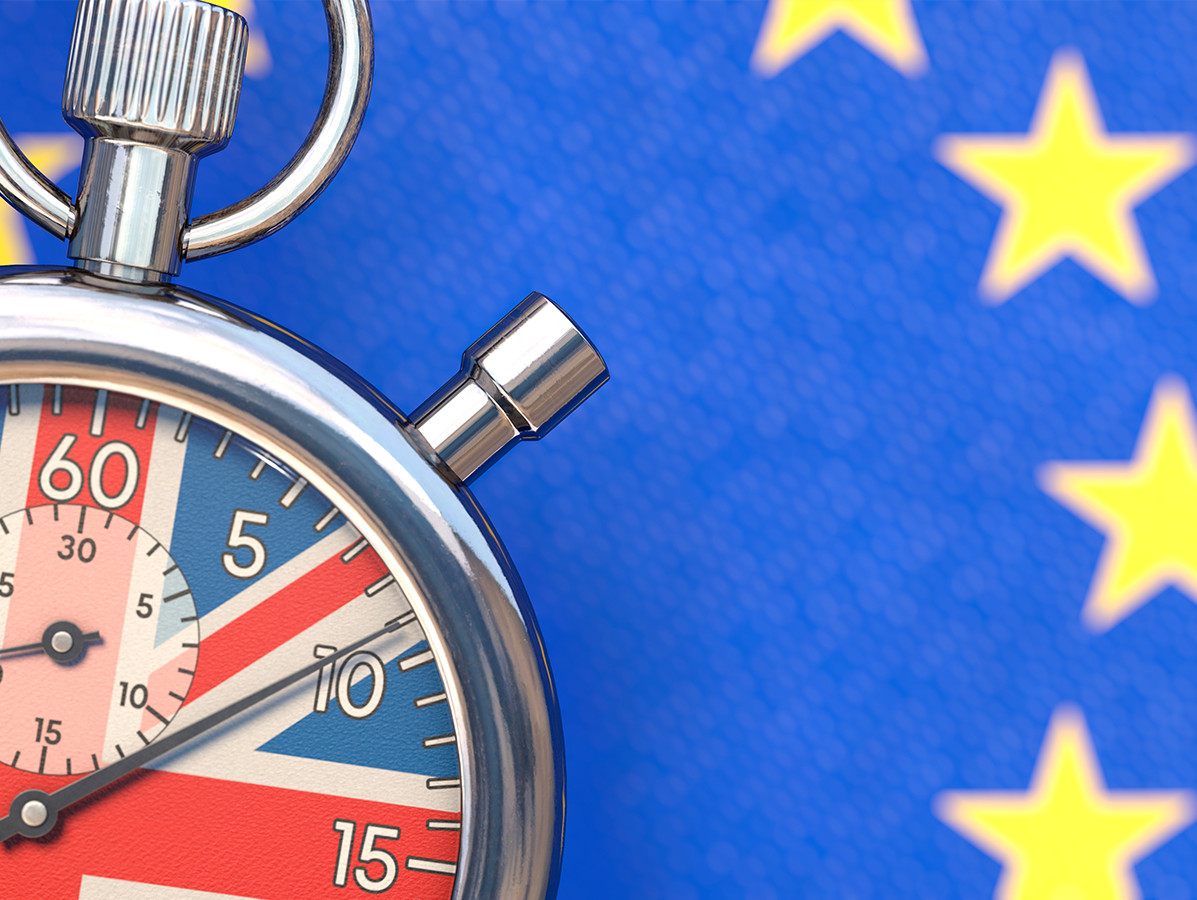
Christmas Eve: the agreement for a new partnership between the United Kingdom (UK) and the European Union (EU) was announced. The deal can now be seen by everyone. A deal of 1,246 pages is a big pill. That is why the Brexit desk has explained the 7 things you absolutely must know.
Also with this agreement Customs will return. So keep in mind that from January 1st you will have to deal with Customs if you want to import or export products. Don't go out unprepared.
In order to qualify for the tariff and quota exemption, you must demonstrate that your goods meet the conditions of 'rules of origin'. The rules of origin in the agreement are laid down on the basis of 'bilateral cumulation'. This means that materials from both the EU and the UK may be counted towards the tariff and quota free market access thresholds. The rules of origin also specify for each product (group) what the maximum amount of materials from other countries outside the EU may be used.
The treaty states that if parties meet certain requirements, they can be granted the status of Authorised Economic Operator (AEO). This means that they can make use of a simplified customs procedure when it comes to safety and security checks. It has also been agreed that the EU and the UK will recognise each other's AEO licence.
If you import goods of animal or plant origin from the UK, they must comply with EU requirements, the 'Sanitary and Phytosanitary Requirements'. Conversely, these products must meet the UK requirements if you export them to the UK. This means that you have to take export certification and import controls into account.
The deal includes agreements on technical barriers to trade (TBT) and the easing of procedures around product safety and market conformity. However, there is no mutual recognition of certificates for industrial products. This means that products for which a certificate is mandatory may only be marketed within the EU with a certificate issued by an 'EU-notified body'. A certificate issued by a notified body based in the UK is not valid. If products already have a certificate issued by a UK notified body before 1 January 2021, an EU notified body may take this into account when assessing an application for a valid EU certificate.
The agreement contains procedures to ensure predictable and transparent tenders. These agreements are an addition to the agreements in the Government Procurement Agreement (GPA) of the World Trade Organization and apply to the same sectors.
In many cases you may still provide services in or purchase services from the UK. However, there are specific rules for delivery services, telecommunications, financial services, international transport services and legal services, among others. In addition, it has been agreed to work together on reasonable and transparent roaming tariffs.
Source: Brexitloket